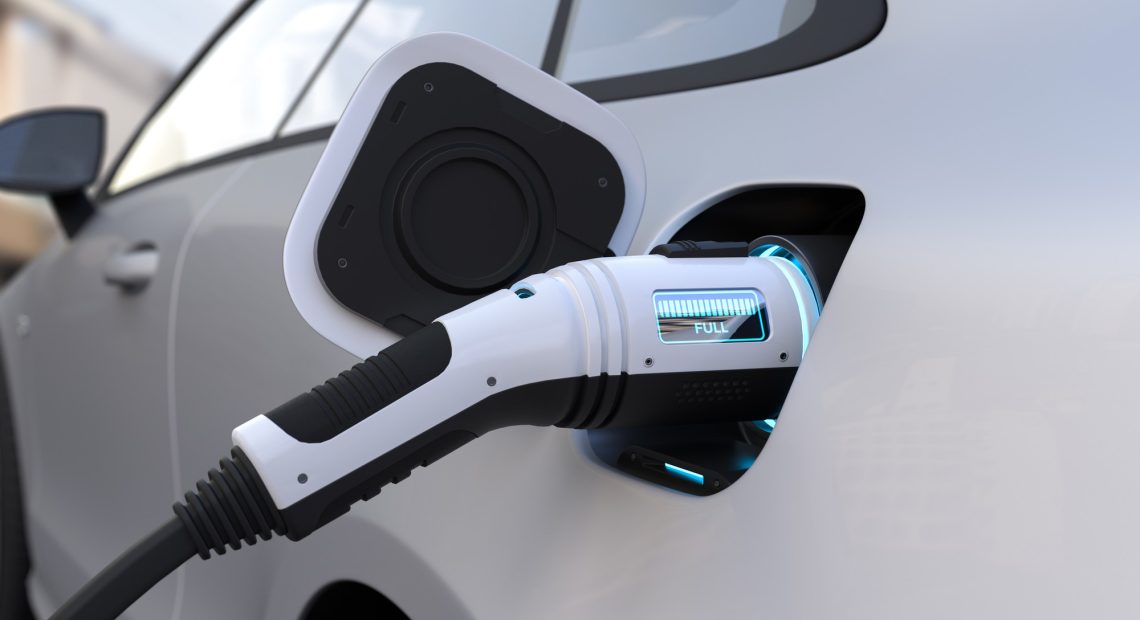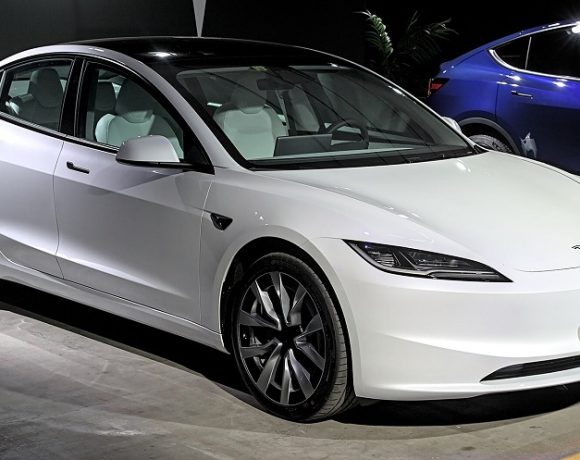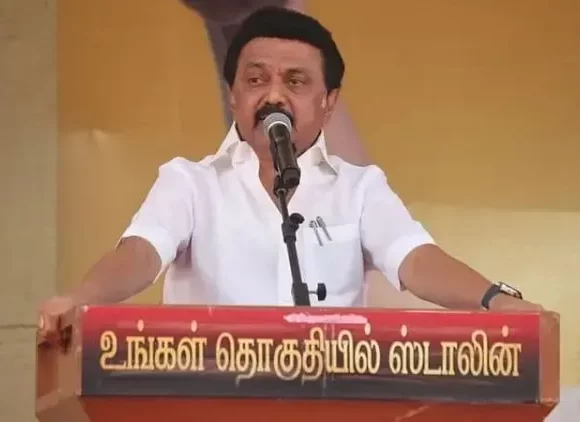
India Slashes EV Import Duty to 15% to Boost Local Manufacturing
In a landmark move to attract foreign investment and accelerate the growth of its electric vehicle ecosystem, India has launched the ‘Scheme to Promote Manufacturing of Electric Passenger Cars in India’ (SPMEPCI). The centerpiece of this policy is a dramatic reduction in import duty on fully built electric vehicles—from a steep 110% to just 15%.
The objective is clear: attract global EV giants to set up shop in India while simultaneously pushing the nation’s green mobility agenda forward.
Investment Conditions and Localization Mandate
To benefit from the reduced duty, automakers are required to invest a minimum of ₹4,150 crore (approximately $500 million) within three years. In exchange, they can import up to 8,000 completely built EVs per year at the lower 15% rate, provided each vehicle has a minimum CIF (Cost, Insurance, Freight) value of $35,000.
The policy mandates phased localization to ensure long-term manufacturing in India. Companies must achieve 25% local value addition within three years and 50% within five years. These benchmarks are designed to create jobs, build industrial capacity, and foster a robust domestic supply chain.
Performance Milestones and Eligible Investments
To qualify for and retain policy benefits, automakers must meet specific turnover targets—₹2,500 crore by year two, ₹5,000 crore by year four, and ₹7,500 crore by year five. Eligible investments include R&D, machinery, and charging infrastructure (limited to 5% of the total investment). Spending on land and buildings is capped at 10%.
The design of the scheme reflects a balance between incentivizing global brands and enforcing accountability to ensure genuine long-term commitment to India’s manufacturing ecosystem.
Mixed Industry Response
The policy has received a mixed response from the automotive sector. While foreign automakers like Mercedes-Benz, Volkswagen, Hyundai, and Kia have shown enthusiasm, domestic manufacturers such as Tata Motors and Mahindra & Mahindra have raised concerns. These Indian EV pioneers argue that easing imports could undercut their early efforts and hard-earned market share.
Meanwhile, Tesla’s decision to explore a retail-only entry into India—without local manufacturing—means its cars will continue to attract the standard 110% import duty unless it revises its investment plans.
A Strategic Push Toward Net Zero
This policy is part of India’s broader commitment to achieving net-zero emissions by 2070. By opening its EV sector to global players under clearly defined conditions, the government hopes to catalyze innovation, enhance competition, and make clean mobility more accessible to Indian consumers.
If implemented effectively, the policy could mark a turning point for India’s EV landscape—boosting both demand and domestic capacity in one stroke.

















